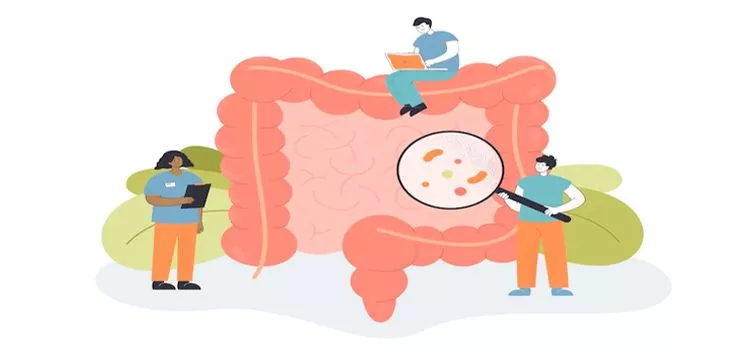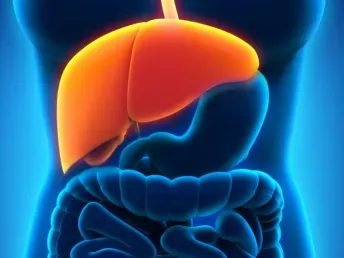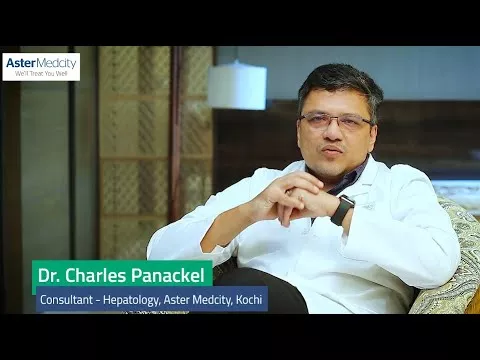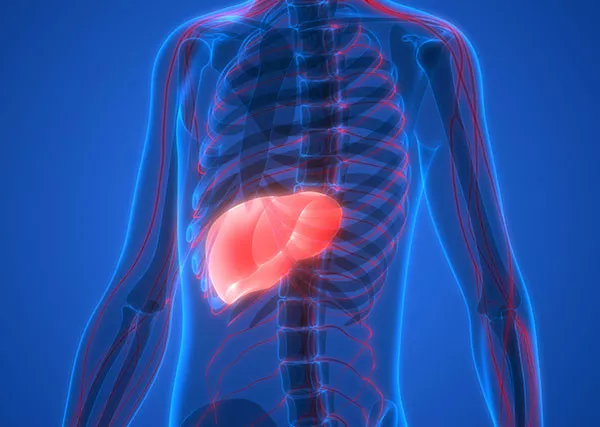What is Peroral Endoscopic Myotomy?
Peroral Endoscopic Myotomy (POEM) is a minimally invasive surgical procedure used to treat certain conditions of the esophagus that affect its ability to contract and move food down to the stomach. It involves the use of a long, flexible tube with a camera and light attached to it. Hence, allowing your doctor to view the inside of the esophagus and stomach.
During the procedure, the gastroenterologist makes a small incision in the lining of the esophagus and uses the endoscope to access the underlying muscles. The doctor then cuts the muscles using specialized instruments attached to the endoscope, which allows the muscles to relax and widen the esophagus, improving its ability to move food down to the stomach.
POEM is a relatively new technique that has shown good results for treating certain conditions, such as achalasia, a condition where the lower esophageal sphincter muscles do not relax properly, making it difficult for food to pass through. It is considered a less invasive alternative to traditional surgical procedures, with shorter recovery times and fewer complications.
When and why Peroral Endoscopic Myotomy is recommended?
Peroral Endoscopic Myotomy (POEM) is recommended for individuals with certain conditions that affect the ability of the esophagus to contract and move food down to the stomach. The most common condition for which POEM is used is achalasia, a rare disorder where the lower esophageal sphincter (LES) muscle fails to relax properly, leading to difficulty swallowing, regurgitation of food, and chest pain.
POEM is also used to treat other esophageal motility disorders, such as diffuse esophageal spasm and jackhammer esophagus, which also cause difficulty in swallowing.
POEM is usually recommended when other treatments, such as medications and traditional surgical procedures, have failed or are not appropriate for the individual. POEM is a minimally invasive procedure with a low risk of complications, and studies have shown that it can improve symptoms and quality of life for patients with achalasia and other motility disorders of the esophagus.
How Peroral Endoscopic Myotomy is different from other conventional treatment?
Peroral Endoscopic Myotomy (POEM) is a minimally invasive surgical procedure that differs from traditional treatments for esophageal motility disorders in several ways.
Minimally invasive: POEM is performed entirely through an endoscope that is inserted through the mouth, eliminating the need for large incisions in the chest or abdomen. This results in less pain, shorter hospital stays, and faster recovery times compared to traditional surgical approaches.
Targeted treatment: POEM targets the muscles in the esophagus that are causing the motility disorder. This allows for a more precise and effective treatment with minimal complications.
No external scars: Since POEM is performed through the mouth, via endoscopy there are no visible scars on the outside of the body, which can be important for individuals concerned about cosmetic issues or body image.
High success rates: Studies have shown that POEM has a success rate of over 90% in improving symptoms and quality of life for individuals with achalasia and other motility disorders of the esophagus.
Overall, POEM offers a less invasive and more targeted approach to treating esophageal motility disorders, with a lower risk of complications and high success rates compared to traditional treatments.
How is life after Peroral Endoscopic Myotomy?
Life after Peroral Endoscopic Myotomy (POEM) can vary depending on the individual's specific condition, the extent of the procedure, and their overall health. However, most individuals experience significant improvements in their symptoms and quality of life following POEM.
Most patients can resume their normal activities within a few days to a week after the procedure, although strenuous activities should be avoided for a few weeks. It is important to follow the post-operative instructions provided by your doctor to ensure a smooth recovery and optimal results.
In the long term, patients who have undergone POEM typically experience significant improvements in their ability to swallow, a reduction in symptoms such as regurgitation and chest pain, and an improvement in their overall quality of life.
Blogs
The source of trustworthy health and medical information. Through this section, we provide research-based health information, and all that is happening in Aster Hospital.












